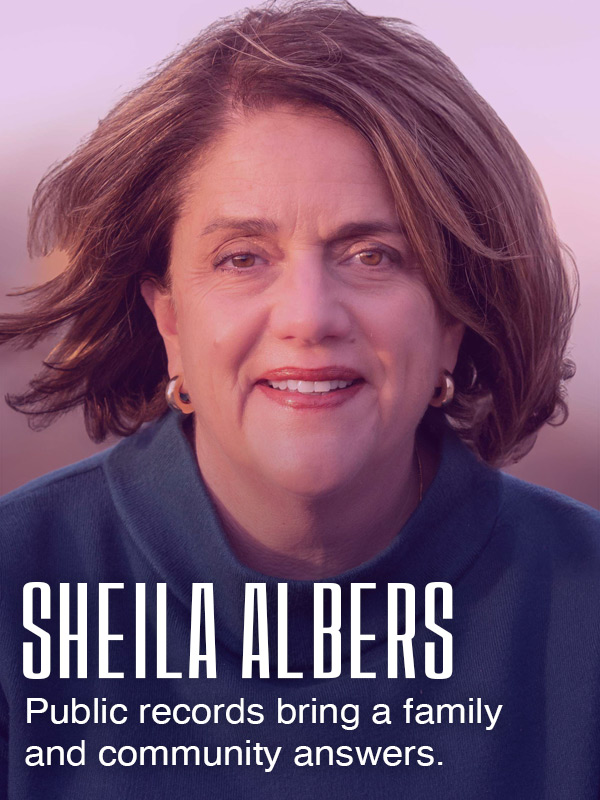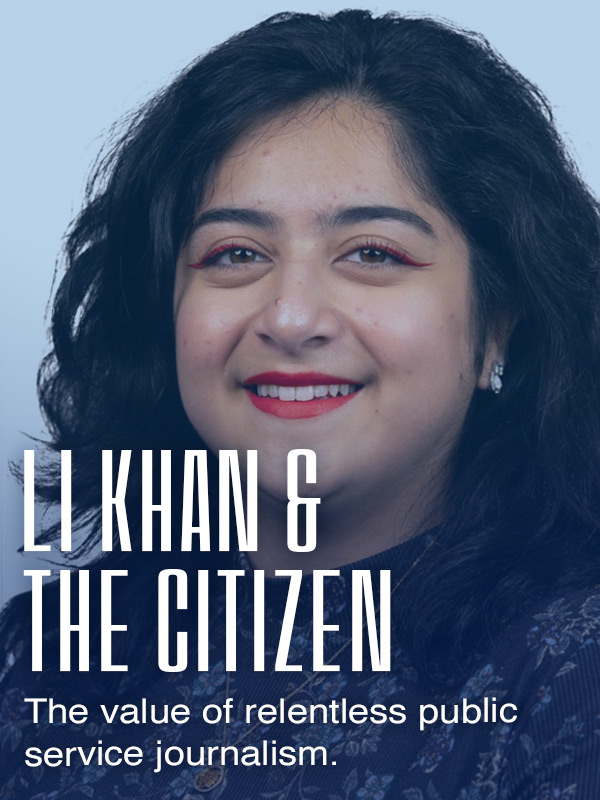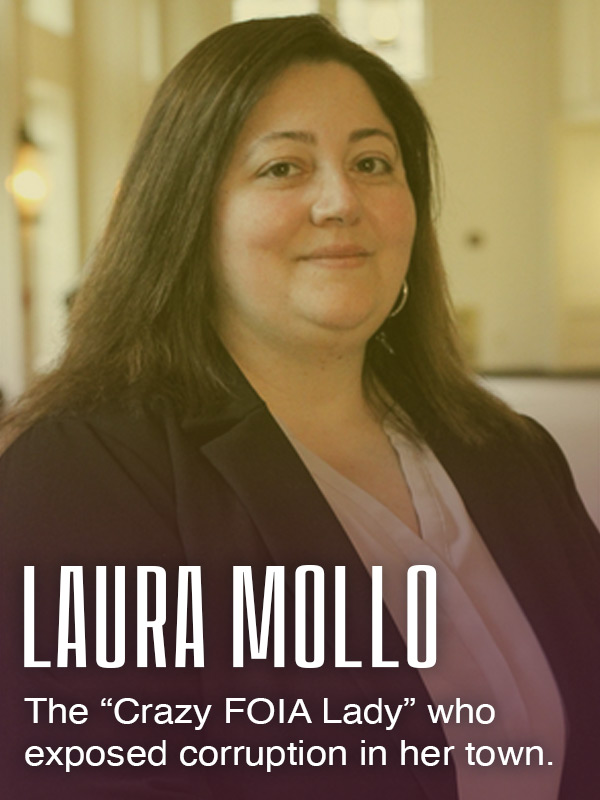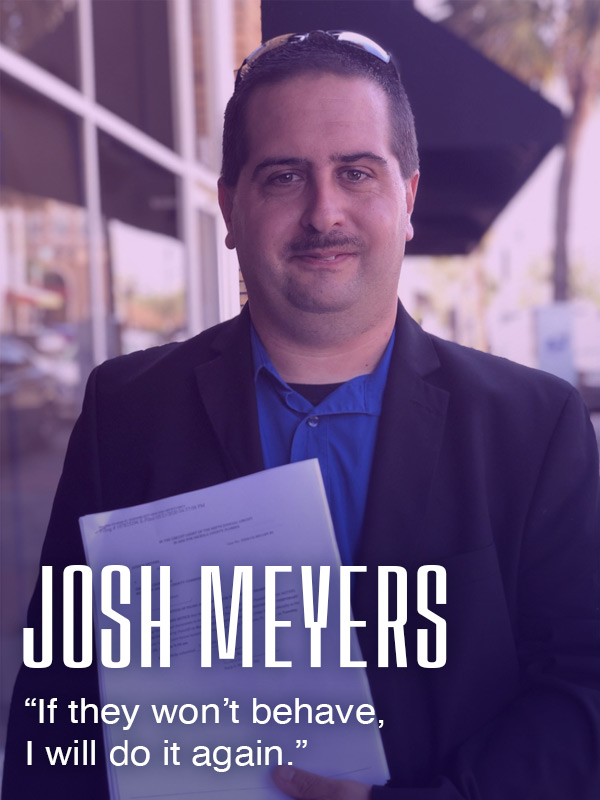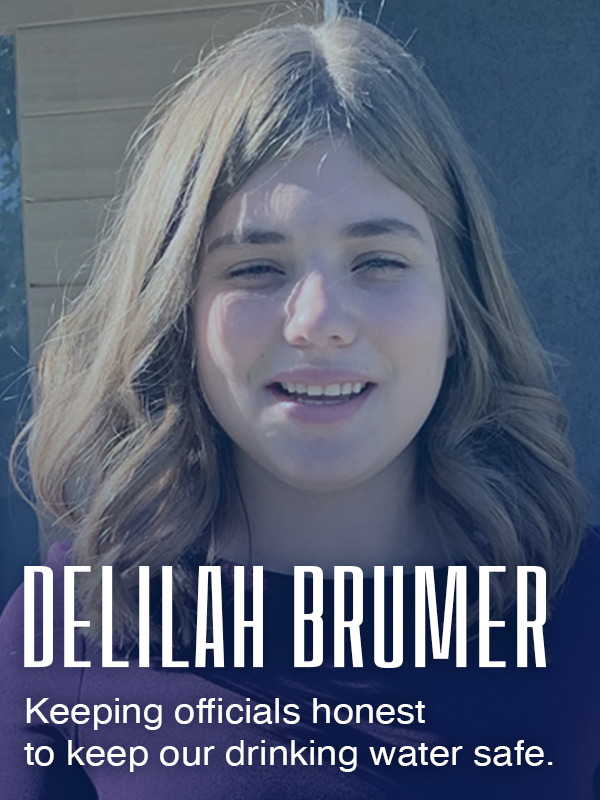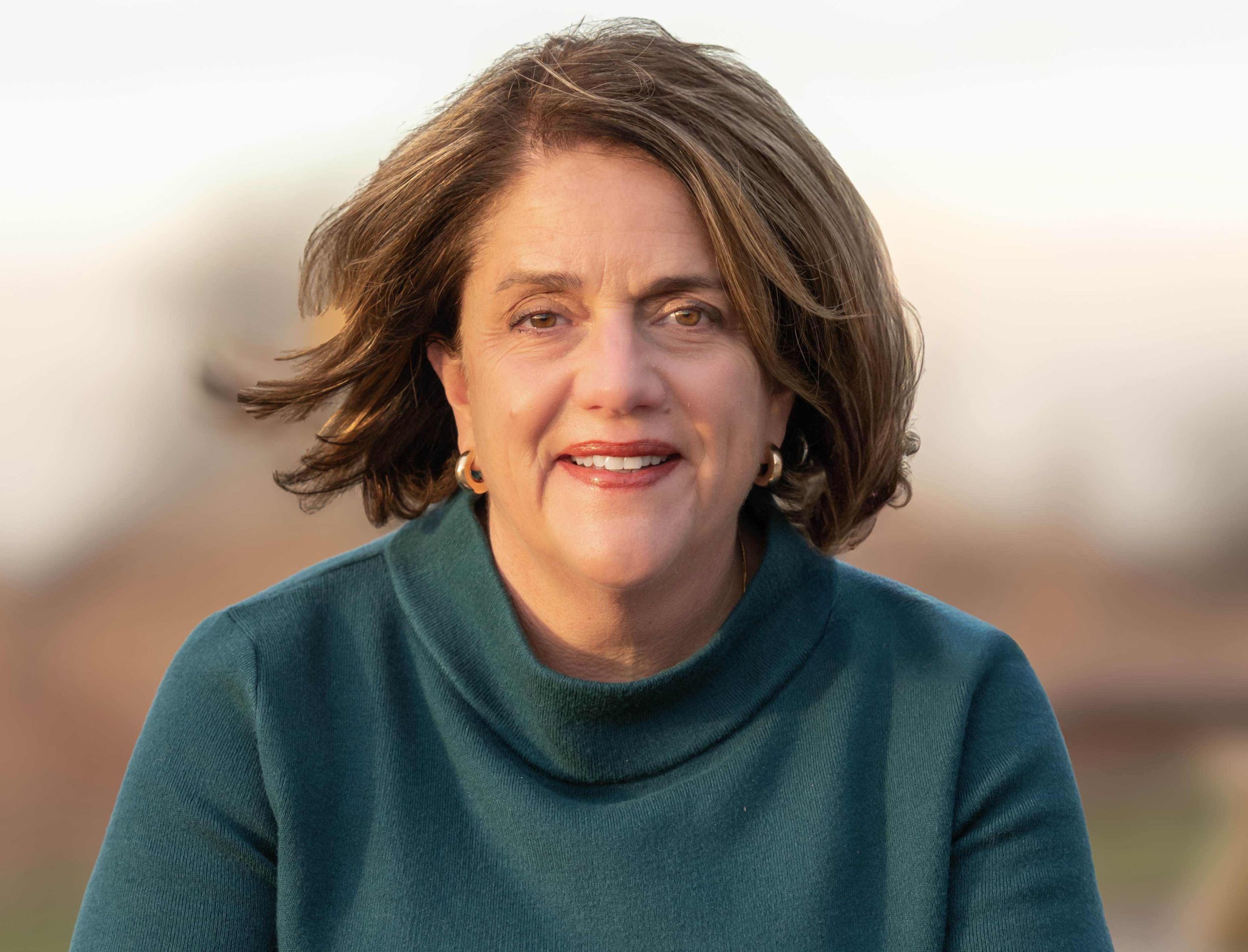
Our Right to Know: Sheila Albers
Public records bring a family and community answers.
By Abigail Rillo
Sheila Albers never imagined she would have to investigate her own son’s death. But after 17-year-old son, John Albers, was fatally shot by a police officer in the driveway of their family home in Overland Park, Kansas, she quickly realized that if she wanted answers, she would have to find them herself.
The night John was killed 2018, Sheila, her husband, Steve, and their two younger sons were not home. When they learned a shooting had occurred, they rushed to get information. Instead, they were met with resistance.
“Steve said, ‘shooting?’ And that was the first indication that we had that a shooting had happened,” Sheila said. Steve said to the officer, ‘Who shot my son? Why would someone shoot our son?’ And we got no answers.”
In the days that followed, the Albers family learned that John had been shot by a police officer as he backed the family minivan out of their driveway. The Johnson County (Kansas) Officer Involved Critical Incident Investigative Team (OICIIT) was deployed to investigate, but the family was still left in the dark.
“I didn’t understand why a police officer would shoot my son. So I was trying to gain an understanding of the circumstances that surrounded what occurred,” Sheila said.
Details, such as the Overland Park Kansas Police Officer officer’s name and trajectory reports, were withheld.
“My goal at the time was just to understand why any officer would feel the need to fire a weapon at my son. And they offered us nothing. You know, they wouldn’t give us the police officer’s name,” Sheila said. “They withhold all of that information. We ask ‘who was the officer? How many shots were fired? What happened?’ And they couldn’t answer any questions.”
The OICIIT team was created to provide an independent and impartial review of officer-involved shootings, but Sheila was wary of the process as she interacted more with them.
“It’s supposed to create an impartial, independent investigation, which that’s a sham. They’re still all buddies and they all cover for each other,” Sheila said.
As time passed, Sheila and her family felt more certain that information was being intentionally withheld.
“I guess I knew from the moment it happened that I wasn’t getting a straight story and that there was information that they were withholding from me and from my husband and from our entire community and family,” she said. “If we continue to allow false narratives to come out in police shootings, then we’ll never be able to minimize the loss of life.”
Not only was the Albers family denied key details, but the information shared with the public seemed cherry-picked and incomplete. Albers had asked for the crime lab reports from the Johnson County District Attorney, Steve Howe. Howe cited the Kansas Open Records Statute to deny the request noting that, under Kansas law, these records are considered criminal investigative records and are exempt from disclosure.
“They only released pieces of it to support the narrative they wanted to disseminate to the public,” Sheila said. “That day was horrific because not only did he clear the officer of any wrongdoing, they disseminated this narrative with significantly more missing pieces of evidence.”
A family friend eventually suggested Sheila file open records requests under the Kansas Open Records Act (KORA) to answer her questions.
“I’m like, ‘What the hell is KORA?’” Sheila said. “I wanted to know, ‘What were open records? Why are they so powerful? How could I use them?’”
Through this process, she learned how to request and utilize public records to tell a complete story.
“I think normal ordinary people like me underestimate their power to make change in government,” Sheila said. “I mean, it’s time-consuming to sit there and read through everything, but once you do and you know what you need to ask for and you get it, open records can be very powerful for people who aren’t reporters or who aren’t attorneys, like I did.”
One of her first discoveries was that law enforcement had misled the public about the employment status of the officer who shot John. As a former public school principal, Sheila knew salaries of public employees were a matter of record. When she requested employment history records, she found a discrepancy.
“Well, that contradicted what our chief of police told the media in an on-camera interview. And it turned out not to be true because what they were doing was negotiating a severance package for him,” Sheila said. “So we nailed the police chief in a lie over an open records request for something as simple as an employment history.”
But she didn’t stop there. She requested crime scene diagrams and the ballistics trajectory report from the Johnson County crime lab. What she found further contradicted the district attorney’s public narrative.
“It definitely gave us some closure because they produced a factual account of what occurred the night John was killed,” Sheila said. “And it did not match what the city or the DA put out.”
Through her records requests, Sheila ultimately uncovered that the OICIIT team had completed its investigation in less than two weeks—long before all evidence had been processed.
“They were all done in two weeks or less because they’re not interested in an impartial, thorough investigation,” she said. “They’re interested in clearing the officer of any misconduct and, you know, convince the community that everything’s okay and nothing bad has happened.”
In January 2024, the Kansas Office of the Disciplinary Administrator dismissed a complaint against Howe for releasing a false narrative but found it did have merit and issued a letter of caution. Police Officer Clayton
Jennison resigned his position, and in 2019, the city settled a lawsuit with me without admitting guilt.
It took years of litigation, open record requests, and a federal Department of Justice Civil Rights Investigation to correct the narrative of her son’s story.
Sheila’s pursuit of public records provided her family, and the Johnson County community, with the full truth about John’s death—truth they would not have received otherwise.
“The biggest thing I’ve learned about records, it is a brilliant way to hold local government accountable. You can say, well, you told me this, but the record I have contradicts what you’ve said,” Sheila said. “So, which is true? There’s a lot of power in being able to hold government accountable.”

